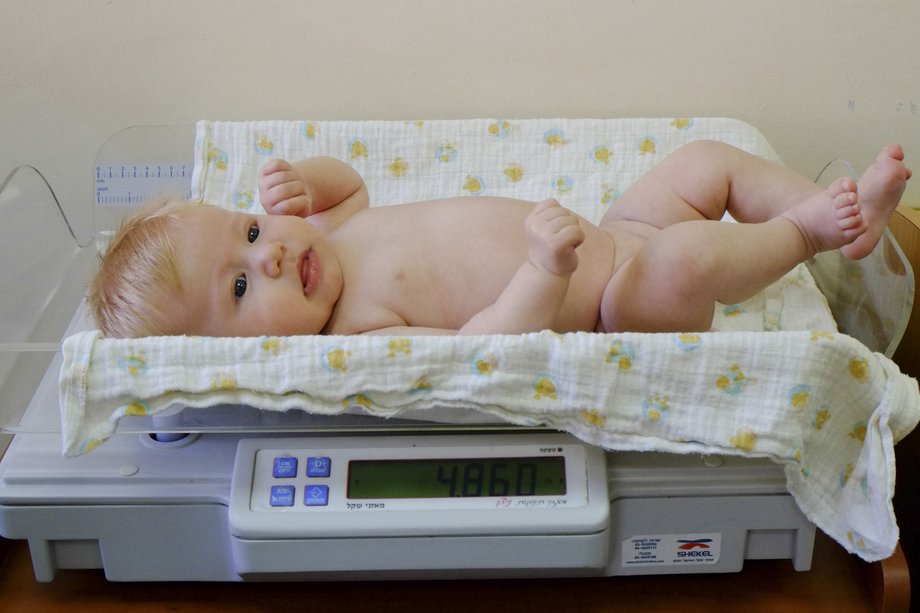- Health visitor
- Early learning teacher in your child's nursery or your child's childminder.
- GP
- You may be referred to different members of the multidisciplinary child development team depending on what your concern is:
- Community Paediatrician - a doctor who specialises in the health and development of children.
- Physiotherapist - a therapist who supports with physical movement skills.
- Occupational therapist - a therapist who supports skills required for activities of daily living and hand skills (fine motor).
- Speech & Language therapist (SALT) - a therapist who supports with speech, language, communication, understanding and safe swallow.
- Dietitian
- Psychologist - a qualified individual who is able to support aspects of your child's learning and behaviour.
- Children & Adolescent Mental Health Services (CAMHS) - services that support children and young people with difficulties with their emotional or behavioural wellbeing.
- Children's social services - can provide additional support for families who have needs beyond healthcare and education needs.
- Local education services - such as Portage (a home visiting educational service) to support preschool children requiring additional support with their developmental skills).





